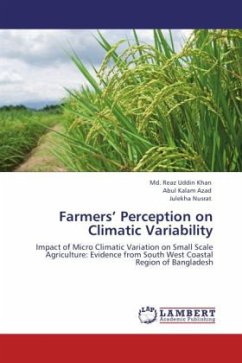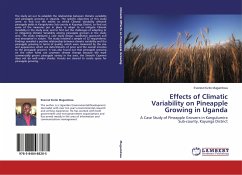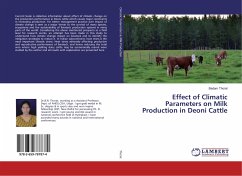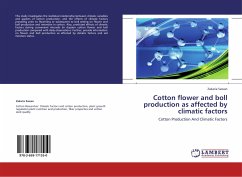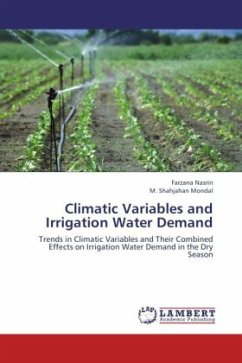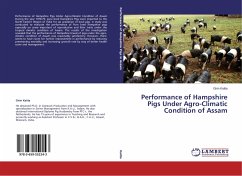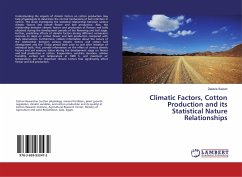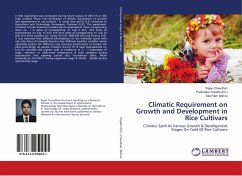In the context of global food security, ensuring sustainable agricultural production is a major concern. It s a vital issue in those countries like Bangladesh, where agriculture acts as a prevailing sector for national economy. Around 80% of the total population living in the rural areas of Bangladesh, are engaged in different agricultural activities for the sake of their livelihood. But in the current era, this sector is passing through some uncertainties due to the concurrent climate change. It has been well recognized that, due to climate change, Khulna district, one of the largest south west coastal regions of Bangladesh would be the worst victimized cities over the whole world. Besides fisheries, agriculture is the primary occupation in this coastal area. For reduction of fish production, people who were engaged with fisheries are now changing their livelihood to agriculture. At the micro scale, local farmers are experiencing the losses due to the infrequent abnormal changesof climatic parameters specially the temperature and precipitation. Through this study, an attempt was taken to explore the local evidence of climatic variability as well as its impact on crop production.

